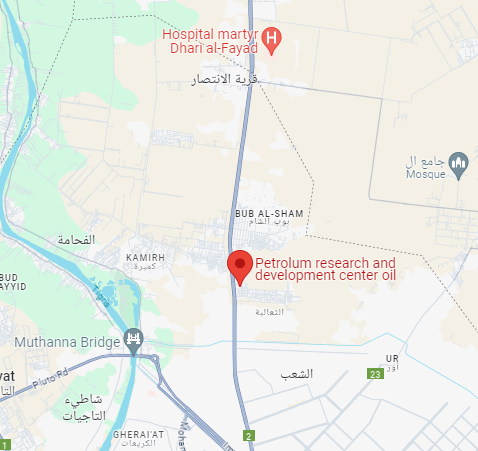Effect of Pressure and Temperature Change on Undersaturated Oil Viscosity
DOI:
https://doi.org/10.52716/jprs.v3i1.68Abstract
A study has been done based on data received from one of the southern Iraqi's oil fields, consists of eighty eight experimental points of oil viscosity at known pressure and temperature above the bubble point pressure.
Fourteen formulas assumed to define the effect of pressure and temperature change on undersaturated oil viscosity. Every formula gives a value of viscosity at any temperature and pressure (above bubble point) depending on a known value of
viscosity at known pressure and temperature. Depending on the least squares method, the constants of these formulas are calculated.
A formula appeared to have the minimum average absolute error (4.8 %) with a value of correlation coefficient equal to (0.8996) is selected to be the best formula adopted in this study. The most proper formula has been compared with two correlations (Khan's correlation and Vasquez and Beggs correlation) and it appeared to be better than the both correlations.
Downloads
Published
How to Cite
Issue
Section
License
Copyright (c) 2020 Mohammed M. Daway

This work is licensed under a Creative Commons Attribution 4.0 International License.














